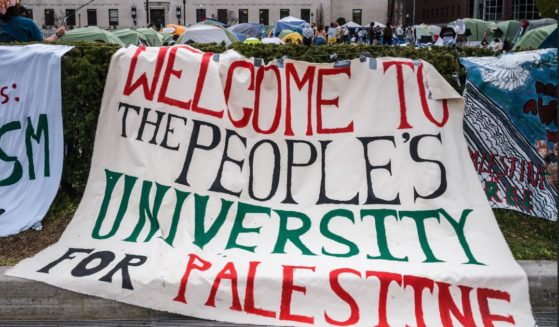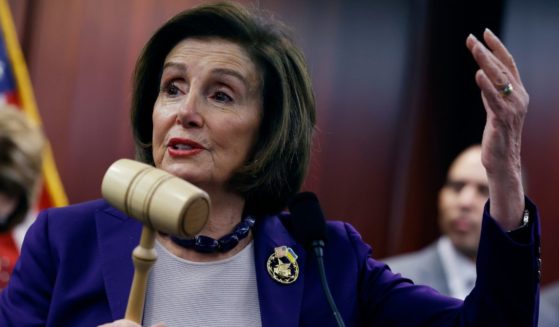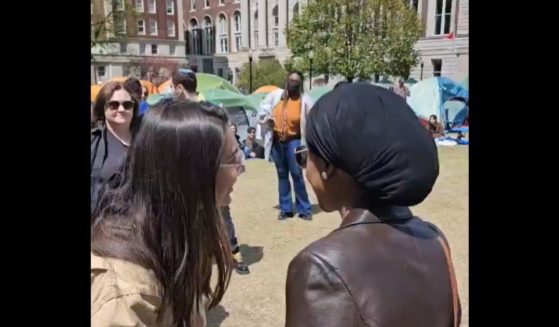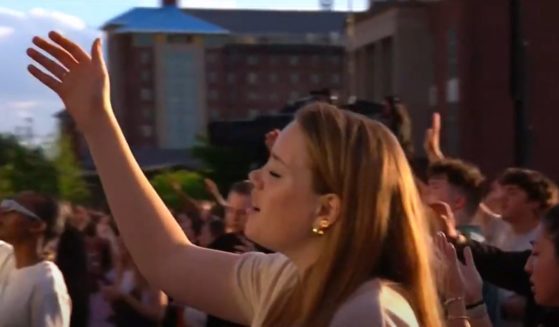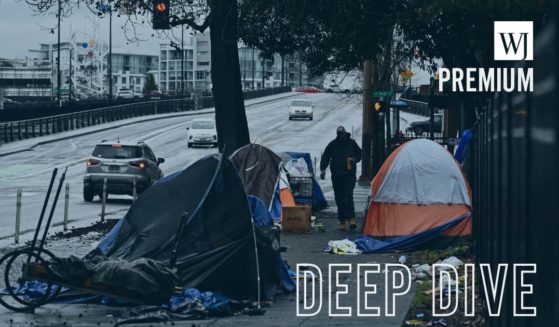Raiders' $1.8 Billion Las Vegas Stadium Just Went Up in Price
The Raiders may be a long way from the Super Bowl in terms of the team they put on the field, but the Las Vegas stadium they’re set to move into just took a big step closer to hosting a Super Bowl, the Las Vegas Review-Journal reported last week.
Twenty new suites in the south end zone and a new 26,000-square-foot field-level club area will add $40 million to the already immense $1.8 billion cost of the stadium project.
And there’s some good news for fans and for taxpayers in Clark County, Nevada: The Raiders will be footing the entire $40 million bill.
The Raiders are hoping to host Super Bowl LIX in 2025, and having more luxury suites will go a long way toward getting a few licks in at the negotiating table against their competition.
The suites and the field-level club will cost $18 million by themselves.
The other $22 million will go toward upgrades to the stadium design, including $4 million for better information technology, another $4 million for security and additional aesthetic upgrades, and $2 million for extra restrooms.
Throw in another $10 million for making the architecture at the stadium look better (inviting a lot of questions about how you skimp on making a $1.8 billion pleasure palace look pretty enough) and $2 million on what the Review-Journal referred to as “seating and building operations systems upgrades.”
Las Vegas Stadium Company Chief Operating Officer Don Webb said the upgrades were added to the plan after upper-tier ticket sales exceeded expectations.
“Normally a person in my position reporting to a public body such as yours has the unenviable task of telling you why the project is over budget because costs weren’t properly accounted for,” Webb said at the Las Vegas Stadium Authority’s May 23 meeting.
“That’s not what this is about,” Webb said. “This is good news, not bad news.”
Raiders president Marc Badain further broke down the effect the new additions will have on overall stadium capacity.
“It took out a few seats in that one end zone structure, a few hundred seats, but capacity will still be around 65,000,” Badain told the Review-Journal. “So it will be some fixed [seating] and some standing room only to get us up to that number.”
“It’s also good for the Super Bowl,” Badain said.
“The more suites you have, the better opportunity you have to bid for the Super Bowl. So we wanted to be responsive to the NFL, as we’re working on a bid for the 2025 Super Bowl.”
Club seating is often bought up by local businesses as a corporate asset with which the sales department can woo would-be clients, but tickets for the Las Vegas stadium’s planned field-level club area will be sold quite differently.
“Those won’t be sold as a [personal seat license], those will be single-game product,” Badain said.
“So those won’t be season tickets,” he added.
The stadium is still on track to be completed by the July 31, 2020 deadline and should thus be ready for the Raiders by the start of the 2020 NFL season.
Additional revenue windfalls may be on the horizon for football in Las Vegas, as the team has sold 85 percent of its personal seat licenses, potentially putting the Raiders on track to zoom past their $290 million revenue goal.
If that happens, there may be more stadium improvements on the horizon.
“I do forecast it going above $290 million,” Badain said.
“[If the amount eclipses $290 million] That money will go back into the project.”
We have seen some truly ambitious stadium projects in football in recent years, with the Cowboys’ AT&T Stadium in the Dallas suburbs and the San Francisco 49ers’ new Levi’s Stadium in Santa Clara setting new benchmarks for sporting glory.
Might the new Las Vegas stadium surpass them both?
Truth and Accuracy
We are committed to truth and accuracy in all of our journalism. Read our editorial standards.

